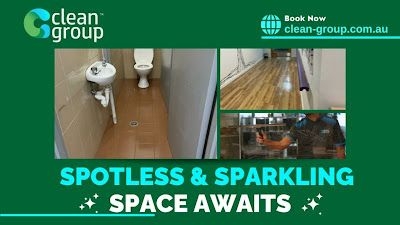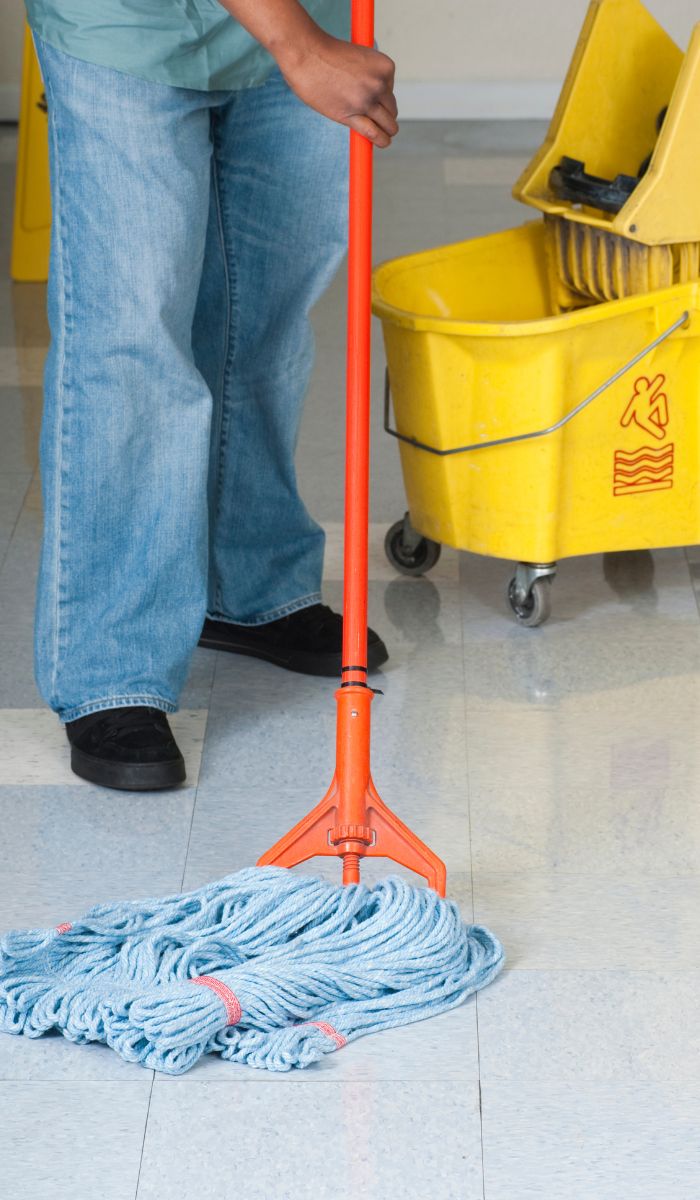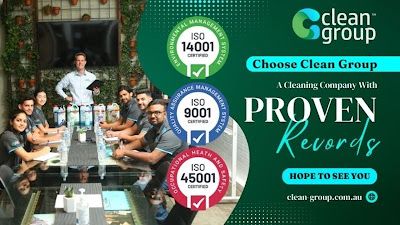
Top Certifications for Commercial Cleaning Professionals
Equipment Commonly Used for Commercial Window Cleaning
Commercial cleaning has also become a significant avenue for entrepreneurship and small business growth. Many businesses in this sector begin as small, family-owned operations and scale up by cultivating strong client relationships and delivering reliable, consistent results. Franchising plays a key role in this growth, providing aspiring entrepreneurs with the advantage of brand recognition, standardized training, and operational support. This business model not only promotes job creation and community development but also contributes to economic advancement, especially in underserved communities.
Technology is revolutionizing how cleaning services are managed and delivered. Data analytics is playing an expanding role in optimizing operations, improving service quality, and offering clients greater transparency. Clean Group provides comprehensive and professional Clean Group A Trusted ISO Certified Company across Sydney, NSW. Our fully insured, trained, and security-verified cleaners ensure your workplace stays spotless and hygienic. Schedule a free onsite quote today—book online or call us at 02 9160 7469. Get your obligation-free commercial cleaning estimate for offices, buildings, and other business spaces in Sydney.. Smart sensors can monitor cleanliness levels in real-time, allowing companies to adjust cleaning schedules based on actual usage patterns. This ensures efficient resource allocation and helps maintain consistent hygiene standards. Data-driven reporting also enables businesses to track service outcomes over time, reinforcing accountability and client trust.


